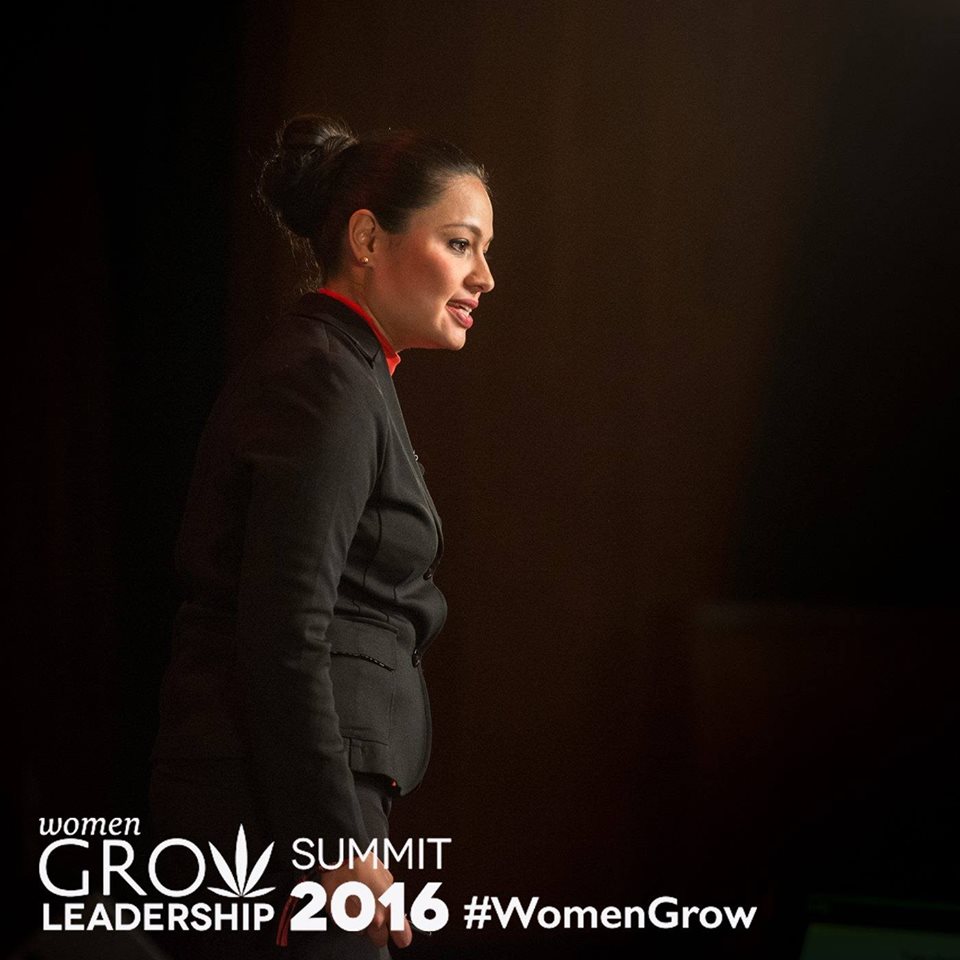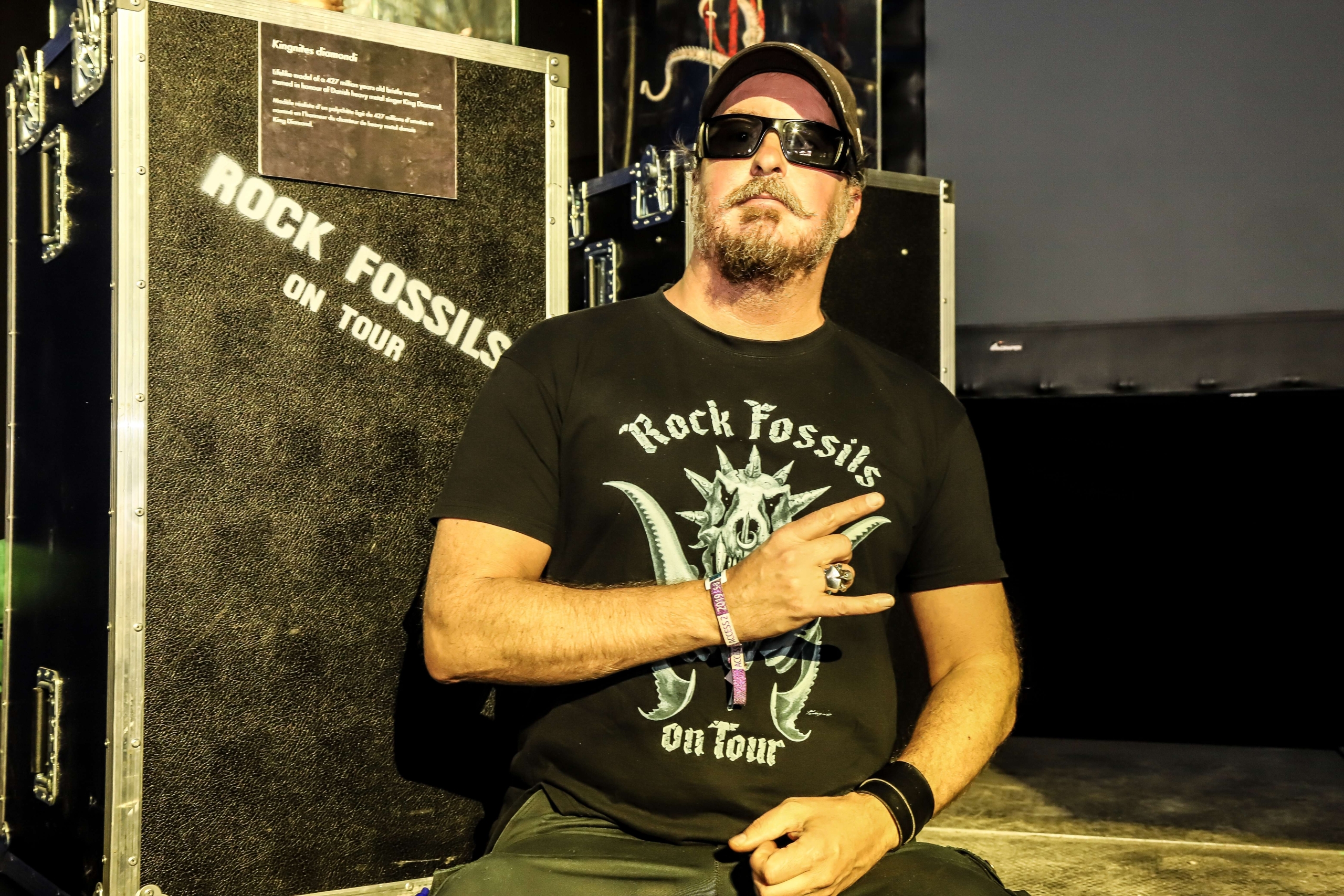Crastina is a platform for the exchange of experience, knowledge and inspiration regarding both scientific peer-to-peer communication and science dissemination
- What? An international network of (mostly young) people who love to communicate science & tech.
- Why? We think science needs to be communicated with more passion and professionalism.
- Where? On our website with interviews & resources + on social media + on Skype and IRL.
- Who? A content group (the Crew), a think tank (the Academy), + lots of friends & contacts.
- When? Right now – as a matter of fact, we’ve just geared up.

Announcing the winners in the Crastina science haiku competition
We are proud to present the three winning poems in The Crastina Haiku Competition where one is about deep-sea corals, another is about microbes trapped in ice and a third is about autumn leaves.

Communicating Cannabis science in a women’s professional network
Science communication, Cannabis and feminism. These three seemingly unrelated phenomena are joined together by Dr. Daniela Vergara, a postdoctoral researcher at the University of Colorado, Boulder and a director of the Agricultural Genomics…

Attracting more women into the Tech industry – a matter of communication and role models? (Kamila Stępniowska, May 2016)
How do we attract more women into the Tech industry? Kamila Stępniowska, co-creator of Geek Girls Carrots and workshop manager of global machine learning at deepsense.io, points out some solutions based on communication and role models.


















